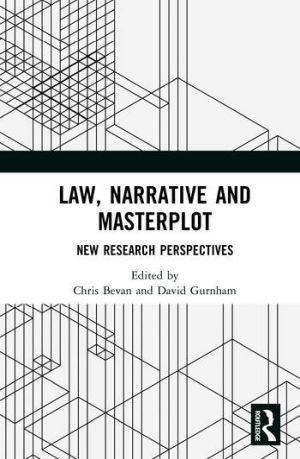
The book brings together a range of socio-legal and law and humanities scholars to elaborate and explore the idea of the legal ‘masterplot’.
There is a class of narrative, sometimes referred to as ‘masterplot’ or ‘metanarrative’, that stands above the plethora of other stories, plots and myths that may be found in law. This book focuses on the masterplot concept as providing a productive yet largely underexplored way of seeing, understanding and responding to legal controversies and socio-legal problems. Masterplots may be understood as those prevalent and enduring ideas and narratives that form the basis of expectations, assumptions, stereotypes and prejudices. In legal contexts, masterplots give shape and significance to particular experiences or issues. In aligning with them, legal arguments, judgments and reforms gain acceptability, and can be presented as authoritative, proportionate and legitimate. Reflecting, from different legal perspectives and subdisciplines, on the masterplots at play in our current legal frameworks, this collection illuminates the often-hidden ways in which law functions.
This book will appeal to students and scholars of socio-legal studies, sociology, social policy, and humanities approaches to law.